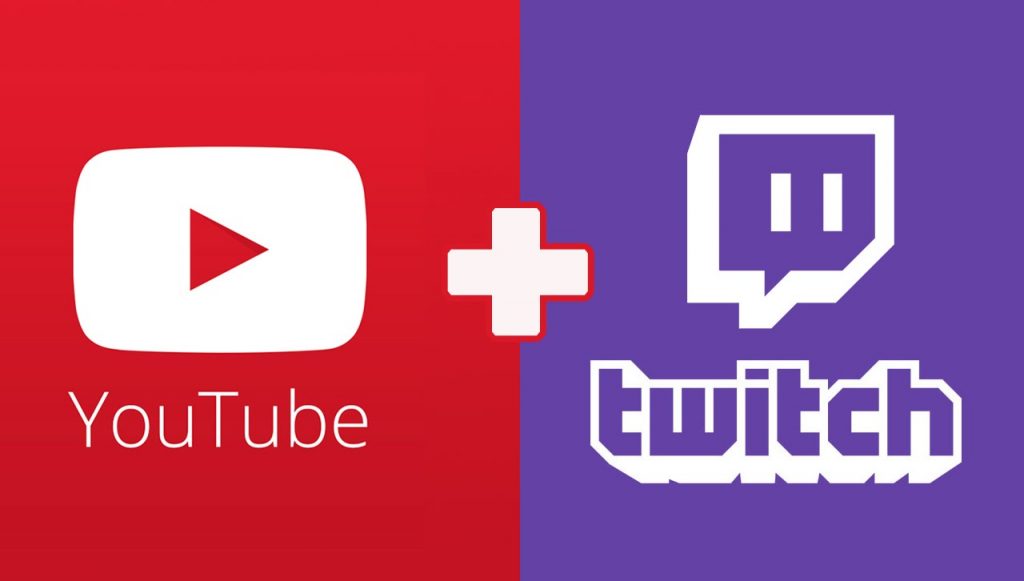2018-9-21 20:01 |
Wikipedia Announces Plans to Monetize Using Coil and XRP
Wikipedia will test web monetization using Coil and XRP according to a recent tweet from Ripple CTO David Schwartz.
XRP is surging on the news, rising 63% over the last 24 hours to become the world’s second largest cryptocurrency by market cap, surpassing Ethereum.
Coil was launched by former Ripple Chief Technology Officer Stefan Thomas earlier this year. Coil uses the Interledger protocol to help monetize online content. The goal is to reward everyone’s content contributions through micro-transactions of cryptocurrency.
When Coil launched back in May, the company announced that its first product would be a flat rate subscription for customers. This subscription would allow website visitors to support content creators on their favorite websites. Coil envisioned a future without paywalls, with fewer advertisements, and where users could unlock additional features and content in exchange for their contributions.
In other words, Coil envisioned a new way to monetize the web. Now, Wikipedia is interested.
Wikipedia depends on donations to survive. The online information giant is famously advertisement-free (except for the occasional ads asking you to donate). Wikipedia is understandably interested in alternative web monetization methods – which is why they announced plans to test Coil on their platform.
The test isn’t being described as a partnership. Instead, Wikipedia appears to be simply testing the Coil protocol to determine if it’s an effective monetization method.
How is XRP connected to all of this? Well, Coil links directly to the XRP network. The funds you spend on Coil come directly from your XRP wallet. All transactions on Coil are done using XRP.
This is where Coil gets innovative, however: you’re not required to buy cryptocurrency or own crypto in order to use Coil. Instead, you can fund your Coil account using a credit card via Stripe.
How to Use CoilIf you want to check out Wikipedia’s Coil test, then you can do so by following these steps:
Step 1) Configure your browser by pressing the “Register Coil Handler” on the official Coil website at https://coil.com/about.
Step 2) This button will appear differently depending on your browser. Make sure you’re using the browser you want to use to interact with Coil. If you’re using Chrome, for example, then you’ll see a button on the Coil website asking you to “Download Chrome Extension.”
Step 3) Next, you’ll need to fund your Coil account using a credit card. Coil uses Stripe to process credit card transactions. All users currently pay a flat fee of $5 per month.
Wikipedia isn’t the only online platform using Coil. You can view a full list of websites that have implemented Coil here: https://fudbingo.com/coilchecker. To date, about 100 different websites have added Coil’s payment protocol.
XRP Surges on the NewsCrypto markets have been surging all day on Friday, but XRP has had a particularly strong week. The digital token has nearly doubled in price over the last seven days, and it appears to have shot up even further on the Wikipedia Coil integration news.
Over the last 24 hours alone, Ripple has surged an incredible 62.59%. It was sitting at around $0.30 earlier this week; today, it’s touching $0.60. Bitcoin is up 4.33% over the same 24 hour period.
In fact, Ripple’s price surge has placed it ahead of Ethereum (ETH), which now occupies the number three position after “only” rising 8.14% over the past 24 hours. XRP is now the second largest digital currency in the world – at least for now.
The original tweet from Ripple CTO David Schwartz mentioning the Coil test by Wikipedia, meanwhile, had this to say about the integration:
Watching the adoption of @Coil is exciting. Even without a partnership, they are testing their web monetization flat rate product out on @Wikipedia with $XRP. After @Coil users visit the site, @Coil makes a donation to @Wikipedia
— David Schwartz (@JoelKatz) September 21, 2018
Ripple CEO Brad Garlinghouse responded to the Wikipedia news with a tweet saying:
This is incredibly cool!! https://t.co/9dwdmp57dR
— Brad Garlinghouse (@bgarlinghouse) September 21, 2018
These are exciting times for Coil, Wikipedia, XRP, and Ripple. We’ll keep you posted as Coil adoption continues to grow. If Wikipedia’s Coil test goes successfully, then we assume other major online properties will consider following suit.
origin »Bitcoin price in Telegram @btc_price_every_hour
Ripple (XRP) на Currencies.ru
|
|

